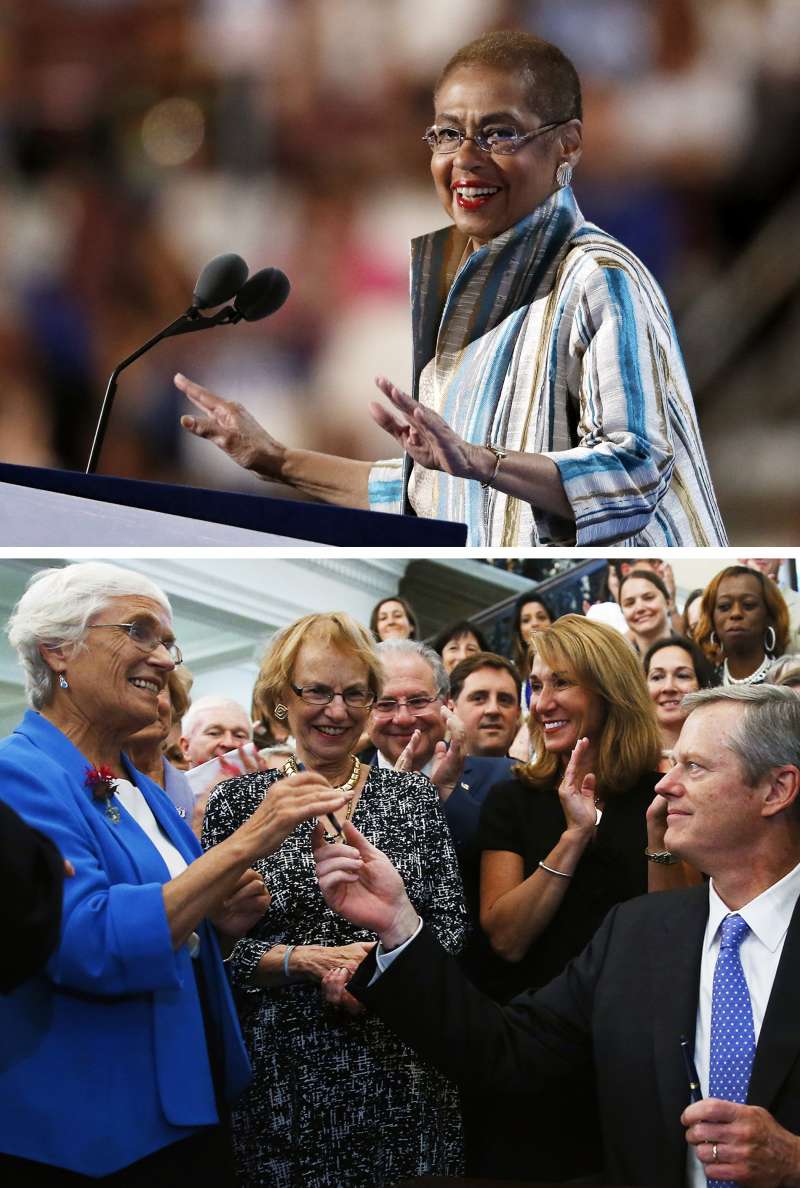Pat Jehlen and Eleanor Holmes Norton

Battled the pay gap.
The gender wage gap remains stubbornly persistent. But in 2016 two lawmakers made tangible progress in the slow-going battle to ensure equal pay for equal work.
The first is Massachusetts State Sen. Pat Jehlen, who pushed a comprehensive equal pay law through the commonwealth’s legislature this summer. The law includes incentives for businesses to tackle gender pay imbalances and clear standards for making sure workers get “comparable pay for comparable work.” as state law has long required. But perhaps most important, the law bars Massachusetts employers from asking for an applicant’s salary history before extending a job offer. Advocates believe that prohibition will break the cycle by which one discriminatory wage leads inevitably to the next.
Several states are modeling their own bills on the law, and New York City implemented a similar rule for city agencies in November. And on a national level it inspired the legendary congresswoman and equal rights leader Eleanor Holmes Norton to introduce the federal Pay Equity for All Act in the U.S. Congress in September. If passed, it would bar employers from asking about previous salaries nationwide.